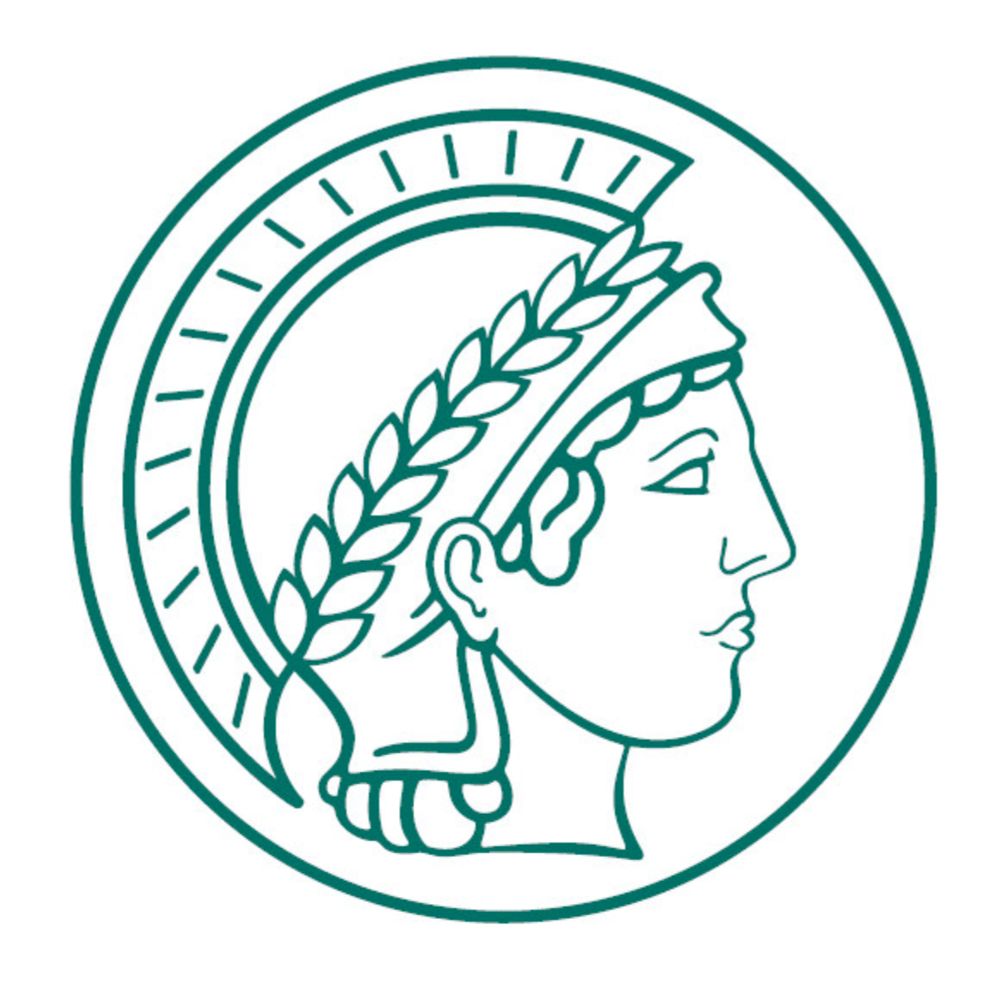
www.sciencedirect.com/science/arti...

www.sciencedirect.com/science/arti...

Paper 👉: www.biorxiv.org/content/10.1...
The Web Application 👉:
huggingface.co/spaces/diego...
#Biodiversity #iNaturalist #WildlifeMortality #DigitalOneHealth #ConservationTech #EcologicalForecasting
1/ A thread:

Paper 👉: www.biorxiv.org/content/10.1...
The Web Application 👉:
huggingface.co/spaces/diego...
#Biodiversity #iNaturalist #WildlifeMortality #DigitalOneHealth #ConservationTech #EcologicalForecasting
1/ A thread:
New paper by an @animaltracking.bsky.social dream team
@diegoellissoto.bsky.social @anflack.bsky.social @arispeshkin.bsky.social Timm Wild, Hannah Williams, @teagueo.bsky.social
@cbehav.bsky.social @uni-konstanz.de
www.pnas.org/doi/10.1073/...
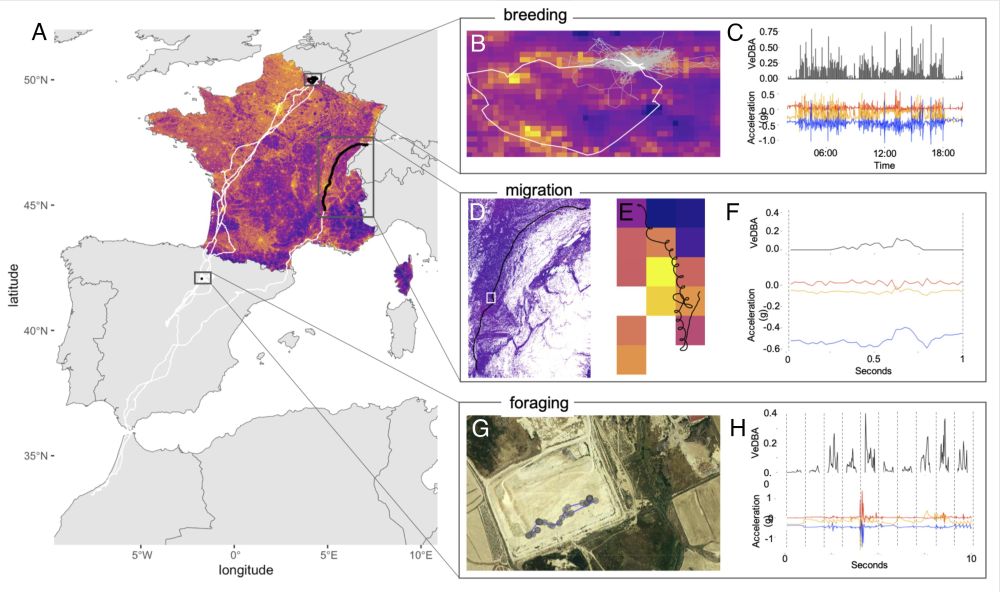
New paper by an @animaltracking.bsky.social dream team
@diegoellissoto.bsky.social @anflack.bsky.social @arispeshkin.bsky.social Timm Wild, Hannah Williams, @teagueo.bsky.social
@cbehav.bsky.social @uni-konstanz.de
www.pnas.org/doi/10.1073/...
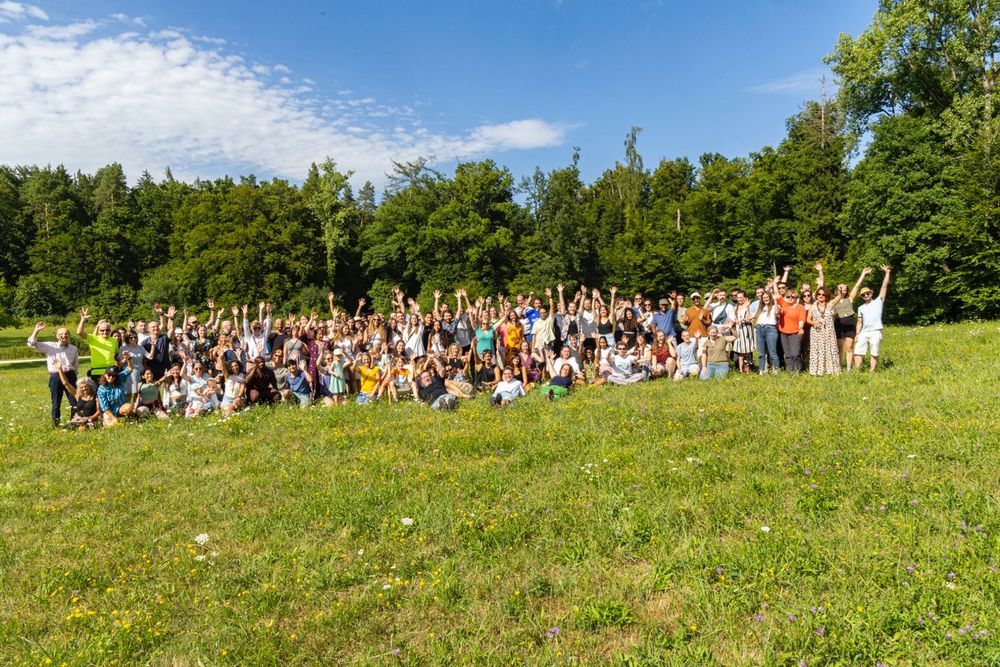
New paper! @cellpress.bsky.social doi: 10.1016/j.cub.2025.06.044
🧵1/5
New paper! @cellpress.bsky.social doi: 10.1016/j.cub.2025.06.044
🧵1/5
Excited to share our new review in @royalsocietypublishing.org Proceedings B! 🎉
We synthesize research on social factors influencing animal migration and offer guidelines for future research. Check it out here: doi.org/10.1098/rspb...
#OpenAccess #Migration #MovementEcology
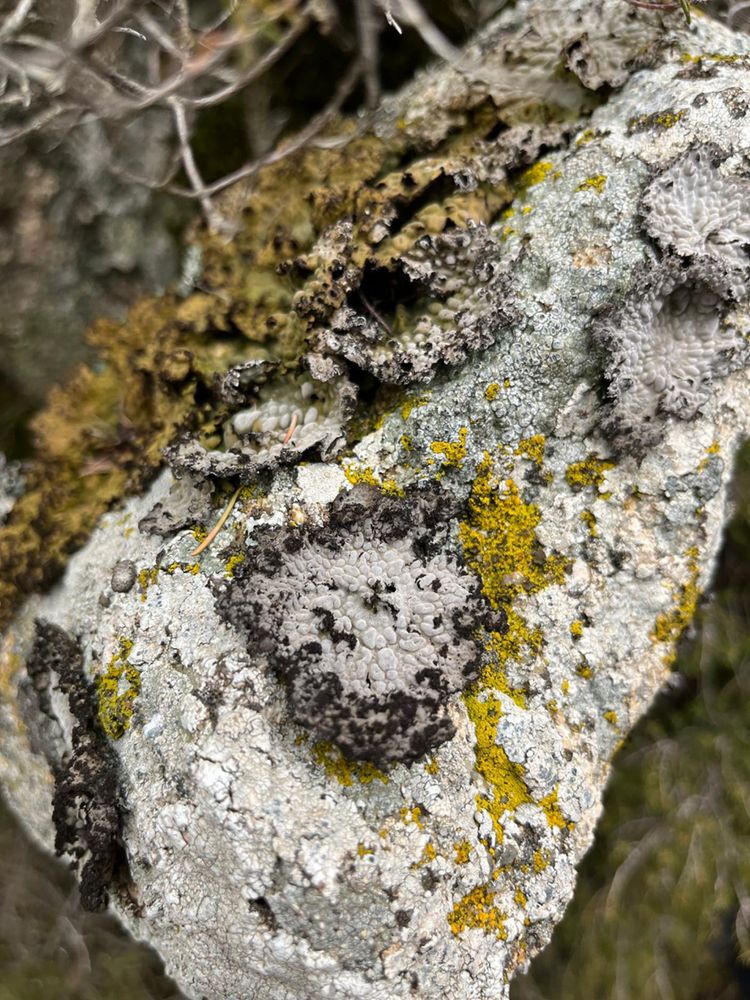
Excited to share our new review in @royalsocietypublishing.org Proceedings B! 🎉
We synthesize research on social factors influencing animal migration and offer guidelines for future research. Check it out here: doi.org/10.1098/rspb...
#OpenAccess #Migration #MovementEcology



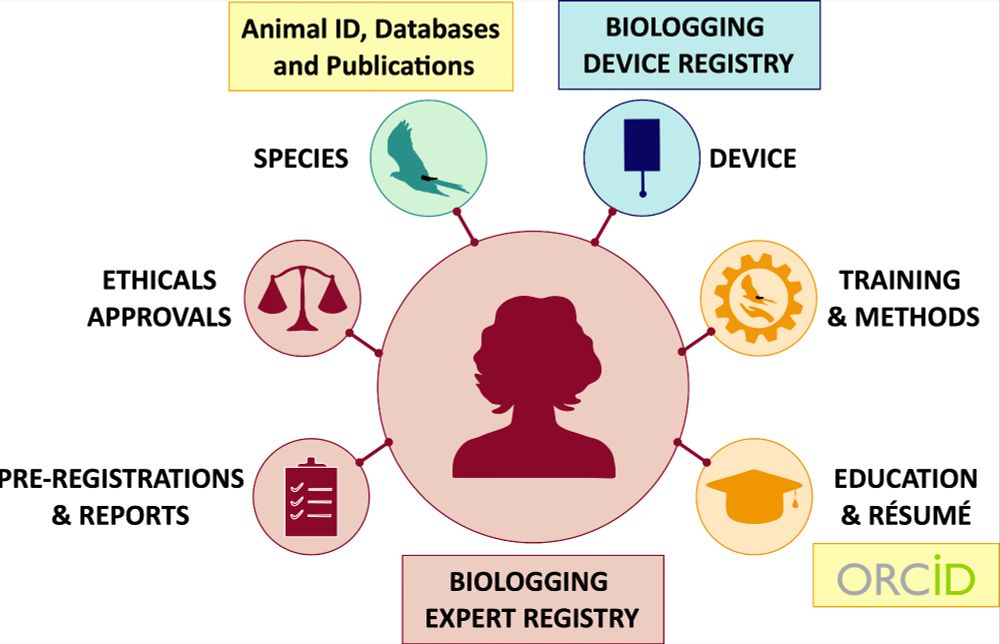
ecoevorxiv.org/repository/v...
ecoevorxiv.org/repository/v...
In @elife.bsky.social, in this paper led by @labdavalos.bsky.social we found that shrews reprogram their hypothalamus to shrink in winter, tweaking gene expression to save energy and survive the cold!
👉🏼 doi.org/10.7554/eLif...
@dechman.bsky.social @mpi-animalbehav.bsky.social

In @elife.bsky.social, in this paper led by @labdavalos.bsky.social we found that shrews reprogram their hypothalamus to shrink in winter, tweaking gene expression to save energy and survive the cold!
👉🏼 doi.org/10.7554/eLif...
@dechman.bsky.social @mpi-animalbehav.bsky.social
Migratory Birds Advance Spring Arrival and Egg-Laying in the Arctic, Mostly by Travelling Faster doi.org/10.1111/gcb....
@globalchangebio.bsky.social @mpi-animalbehav.bsky.social @animaltracking.bsky.social
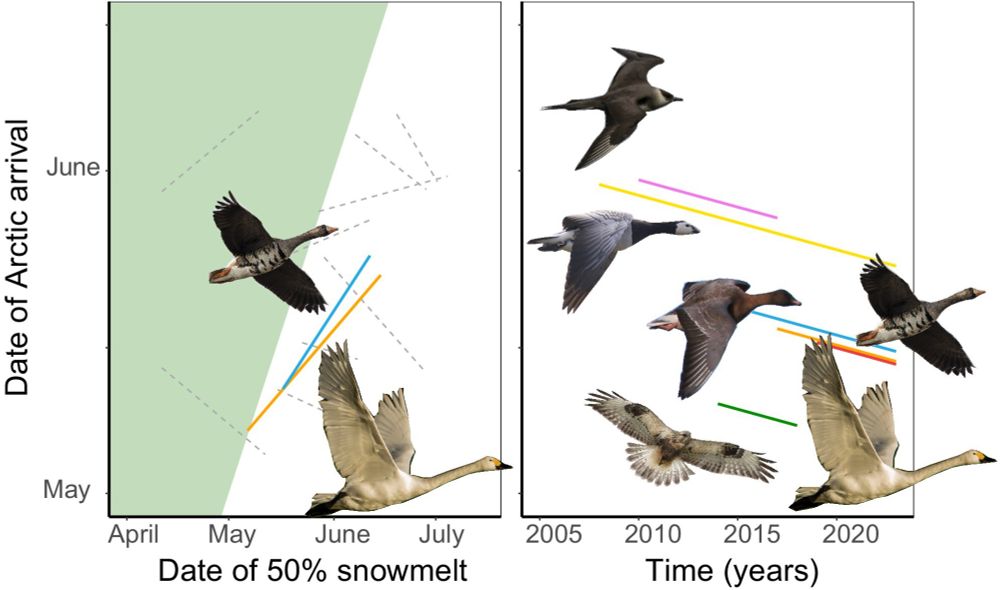
Migratory Birds Advance Spring Arrival and Egg-Laying in the Arctic, Mostly by Travelling Faster doi.org/10.1111/gcb....
@globalchangebio.bsky.social @mpi-animalbehav.bsky.social @animaltracking.bsky.social
🧵1/4
#SciArt #art #illustration #wia #wia2025

Amazing opportunity: 3 3-year independent postdoctoral fellowships based in Panama at the Smithsonian Tropical Research Institute. Deadline July 15.
Come collaborate with @livingingroups @MPI_animalbehav...
Amazing opportunity: 3 3-year independent postdoctoral fellowships based in Panama at the Smithsonian Tropical Research Institute. Deadline July 15.
Come collaborate with @livingingroups @MPI_animalbehav...
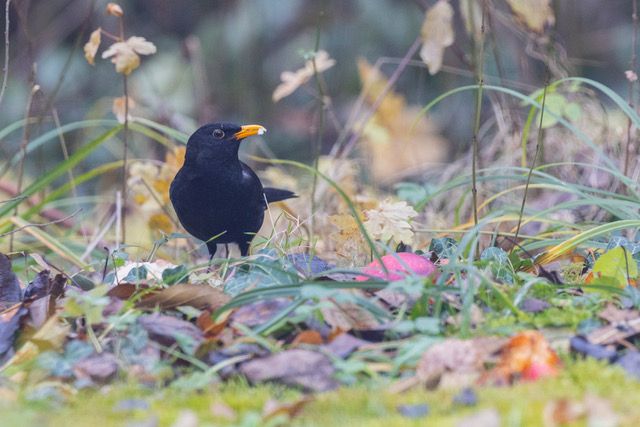
Where, how, and why do birds die?
We are launching the ICARUS BIRDS project to find out! Join us in tracking common birds across Europe to uncover the factors behind their decline.
Learn more on our website: www.ab.mpg.de/icarus
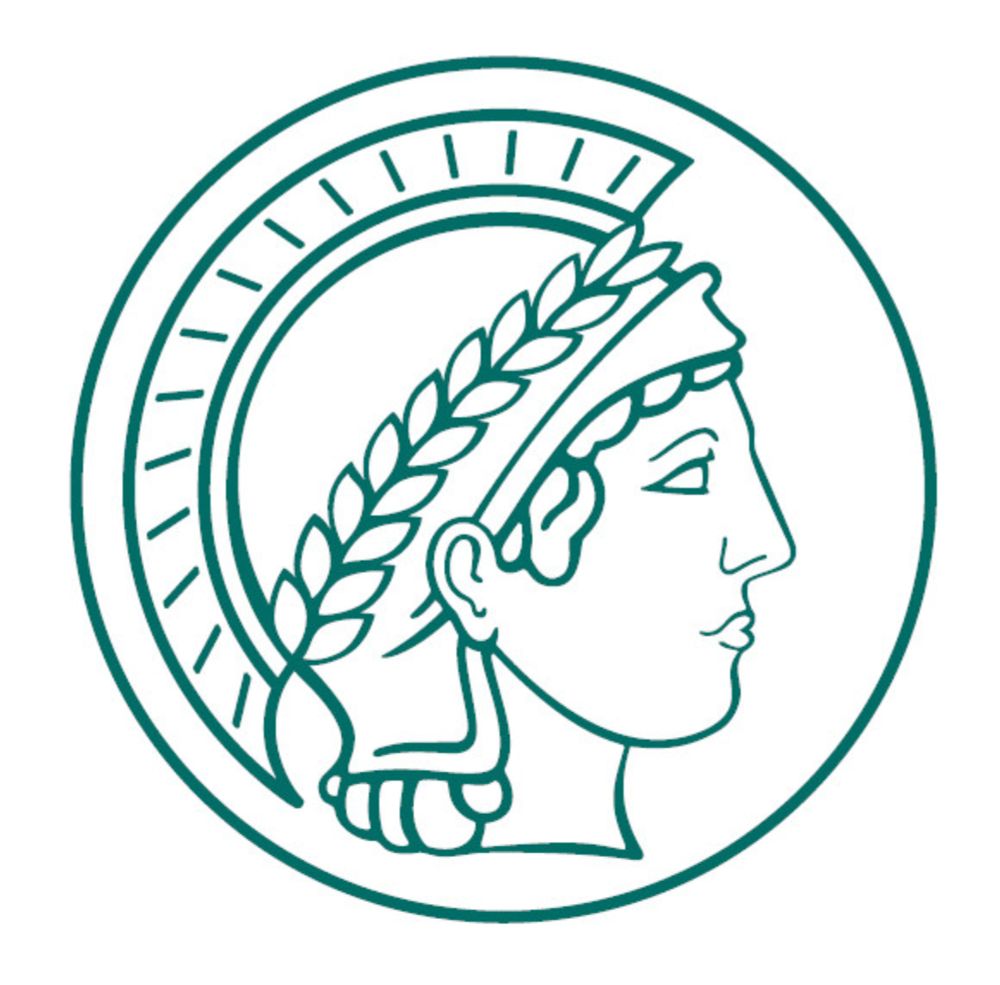
Where, how, and why do birds die?
We are launching the ICARUS BIRDS project to find out! Join us in tracking common birds across Europe to uncover the factors behind their decline.
Learn more on our website: www.ab.mpg.de/icarus
1/🧵

1/🧵
